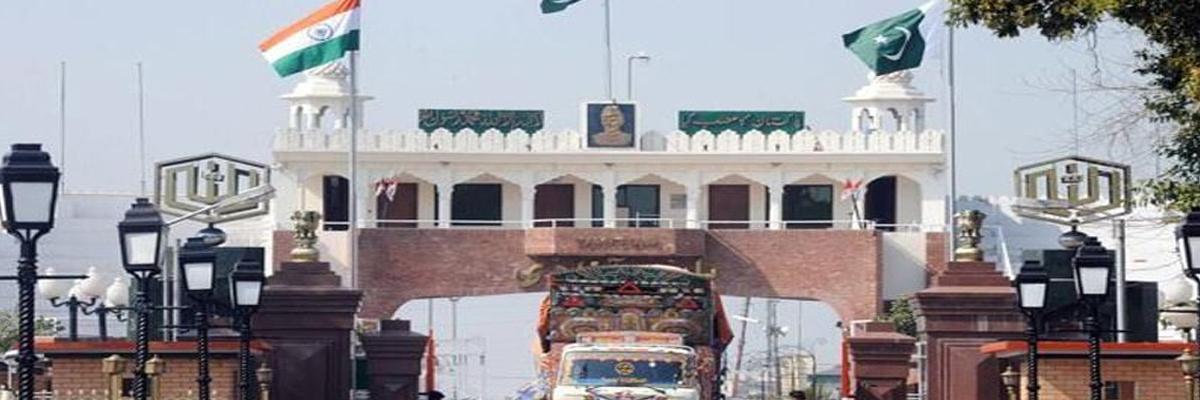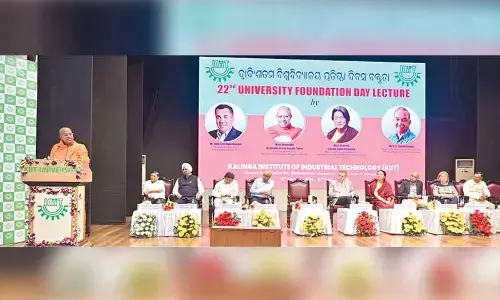India, Pak trade much below potential: Report

The trade between India and Pakistan can go up to 37 billion from the current 2 billion if the two neighbours tear down artificial barriers like trust deficit and complicated and nontransparent nontariff measures, according to a World Bank report
Islamabad: The trade between India and Pakistan can go up to $37 billion from the current $2 billion if the two neighbours tear down artificial barriers like trust deficit and complicated and non-transparent non-tariff measures, according to a World Bank report.
The report titled 'Glass Half Full: Promise of Regional Trade in South Asia' was released here on Wednesday. Dawn reported that it says that the current trade between the two countries is much below than full potential. It could only be harnessed if both countries agree to tear down artificial barriers.
The bank also estimated Pakistan's potential trade with South Asia at $39.7 bn against the actual current trade of $5.1bn. The report also unpacks four of the critical barriers to effective integration.
The four areas are tariff and para-tariff barriers to trade, complicated and non-transparent non-tariff measures, disproportionately high cost of trade, and trust deficit. Talking to a group of journalists on key points of the report at the World Bank office in Islamabad, lead economist and author of the document Sanjay Kathuria said it was his belief that trust promotes trade, and trade fosters trust, interdependency and constituencies for peace.
In this context, he added, the opening of the Kartarpur Corridor by governments of Pakistan and India would help minimise trust deficit. He said such steps will boost trust between the two countries. For realising the trade potential between Pakistan and India, he suggested the two countries can start with specific products facilitation in the first phase.
Kathuria said Pakistan had least air connectivity with South Asian countries, especially India. Pakistan has only six weekly flights each with India and Afghanistan, 10 each with Sri Lanka and Bangladesh and only one with Nepal, but no flight with the Maldives and Bhutan.
Compared to this, India has 147 weekly flights with Sri Lanka, followed by 67 with Bangladesh, 32 with the Maldives, 71 with Nepal, 22 with Afghanistan and 23 with Bhutan.
The report recommends ending sensitive lists and para tariffs to enable real progress on the South Asia Free Trade Agreement (SAFTA) and calls for a multi-pronged effort to remove non-tariff barriers, focusing on information flows, procedures, and infrastructure.
The report stated that Pakistan's decision of not granting Most Favoured Nation status or non-discriminatory market access to India was also a barrier to trade. The preferential access granted by Pakistan on 82.1 per cent of tariff lines under SAFTA was partially blocked in the case of India because Pakistan maintained a negative list comprising 1,209 items that could not be imported from India, the report noted.
Policy-makers may draw lessons from the India-Sri Lanka air service liberalisation experience. Connectivity is a key enabler for robust regional cooperation in South Asia. Kathuria said that reducing policy barriers, such as eliminating the restrictions on trade at the Wagah-Attari border, or aiming for seamless, electronic data interchange at border crossings, will be major steps towards reducing the very high costs of trade between Pakistan and India.
He argued that the costs of trade are much higher within South Asia compared to other regions. The average tariff in South Asia is more than double the world average.









